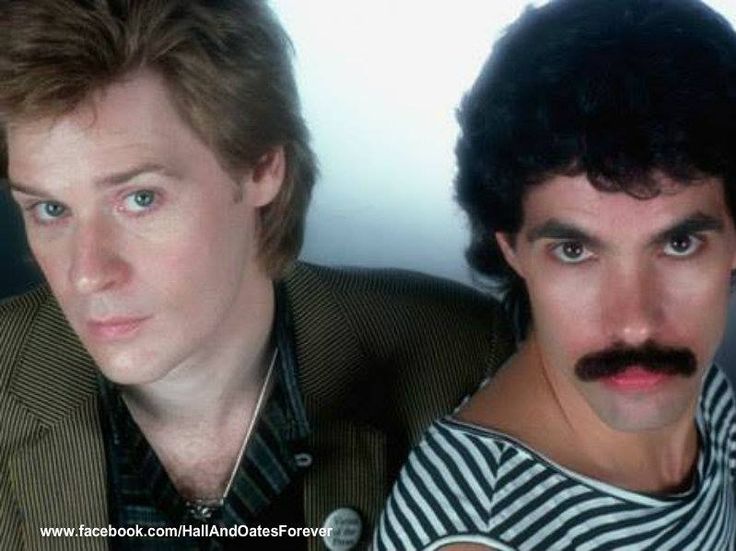
“Private Eyes” – A Nostalgic Journey Through Suspicion and Love
In the ever-evolving landscape of the early 1980s, where synth-pop began to intertwine with the resonating echoes of rock, Hall & Oates emerged as a defining force. Their 1981 hit, “Private Eyes,” encapsulates an era when music was not just a listening experience but a vivid storytelling medium that spoke directly to the soul.
When released, “Private Eyes” quickly ascended the charts, securing its place at the pinnacle by reaching number one on the Billboard Hot 100. This wasn’t just another chart-topping track; it was an anthem that resonated with a generation that had grown accustomed to change yet yearned for familiarity. The song’s immediate success was a testament to its infectious melody and the universal appeal of its lyrics.
But what is it about “Private Eyes” that continues to captivate listeners even decades later? At its core, the song is a clever amalgamation of themes of trust, surveillance, and the ever-complex dance of relationships. In an age before digital connectivity, Hall & Oates managed to capture the essence of being watched—not by technology but by those closest to us. The eponymous “private eyes” are not only detectives in a literal sense but are metaphorical representations of our own instincts and intuitions that keep tabs on our loved ones.
The story behind “Private Eyes” is as intriguing as its lyrics. Written by Daryl Hall, Warren Pash, Sara Allen, and Janna Allen, the song was brought to life with a distinctive blend of rhythmic claps and catchy hooks, a signature style that Hall & Oates perfected over their illustrious career. It speaks to an era where music videos began to play an integral role in how music was consumed, with MTV launching just a few months prior to its release. The video for “Private Eyes,” with its playful detective theme, added another layer to the song’s narrative, endearing it further to fans.
Listening to “Private Eyes” today is like flipping through an old photo album; each note evokes memories of simpler times, when love and suspicion were intertwined in the most human of ways. The track’s upbeat tempo belies the complexity of its subject matter—a juxtaposition that Hall & Oates mastered so effortlessly. It invites listeners to reminisce about their own experiences with love’s uncertainties and reassures them that such feelings are timeless.
For those who lived through the 1980s, “Private Eyes” is more than just a song; it’s a reminder of youth’s vibrant days and nights spent dancing under neon lights. For newer generations, it serves as an introduction to a duo whose influence on pop music remains undeniable. In revisiting “Private Eyes,” one cannot help but feel a profound sense of nostalgia—a yearning for days gone by when emotions were raw and music provided both solace and understanding.
In conclusion, “Private Eyes” by Hall & Oates is more than just a classic hit; it’s a tapestry woven with threads of emotion, experience, and evergreen relevance. Its place in musical history is not just defined by charts or sales but by its ability to evoke strong emotional responses from anyone who listens—a true hallmark of timeless artistry.
